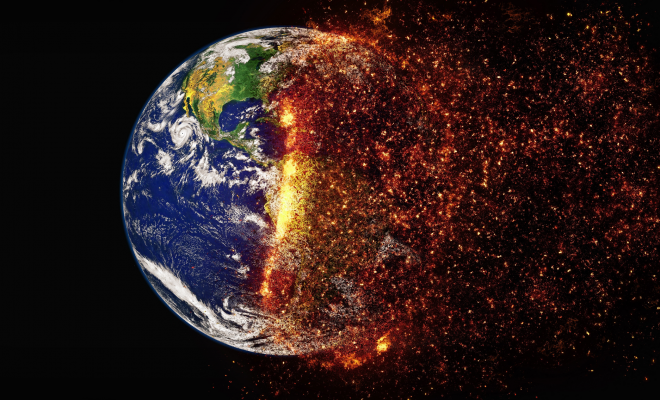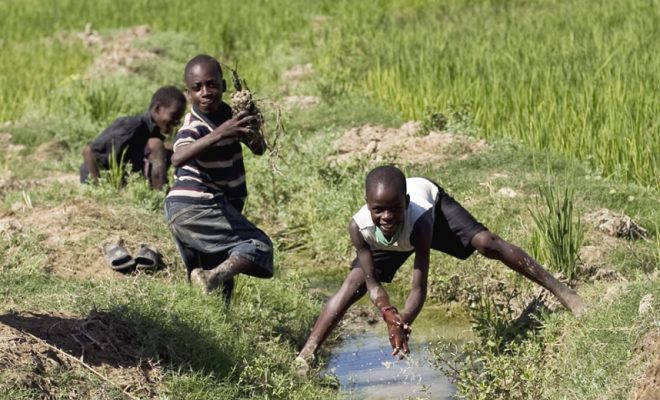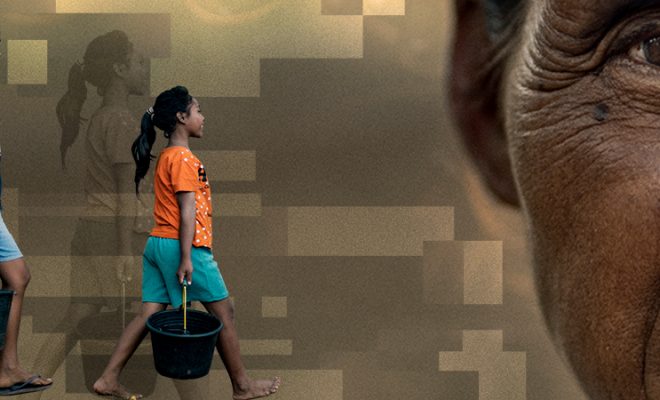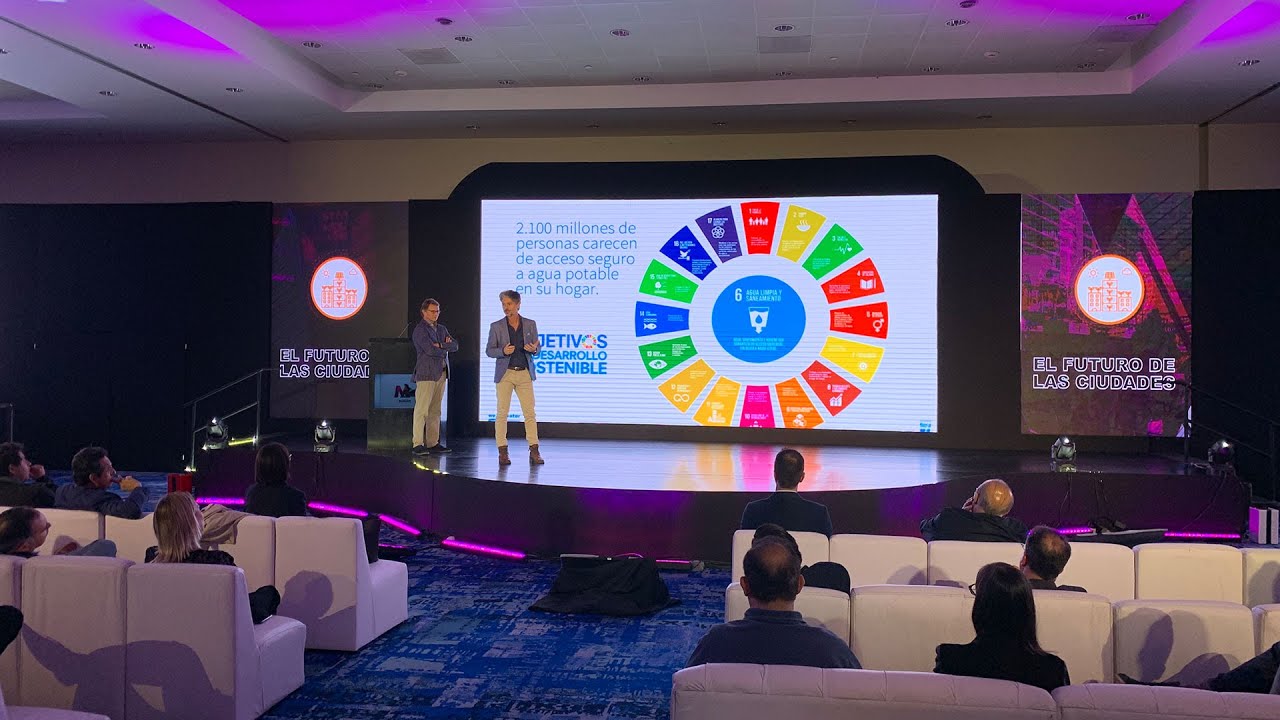
The race for SDG 17, “Revitalize the Global Partnership for Sustainable Development,” is experiencing ups and downs that prove right those who have criticized this goal for being a “hotchpotch” of clichés and supposed good intentions that have never been implemented in the world in a true spirit of international cooperation.
And it is a vital goal for the attainment of all others. Without cooperation between governments, companies, organizations, and all segments of civil society, it is unthinkable to address the complexity of sustainability solutions at a planetary level.
For two fundamental reasons, nobody needs to be told anymore that each SDG has to be universal in its approach and strategy.
First, all SDGs are affected by three natural crises: water, environmental, and climate change. Each of these crises affects the Earth; localist approaches are no longer valid; nature is one and must be considered as such.
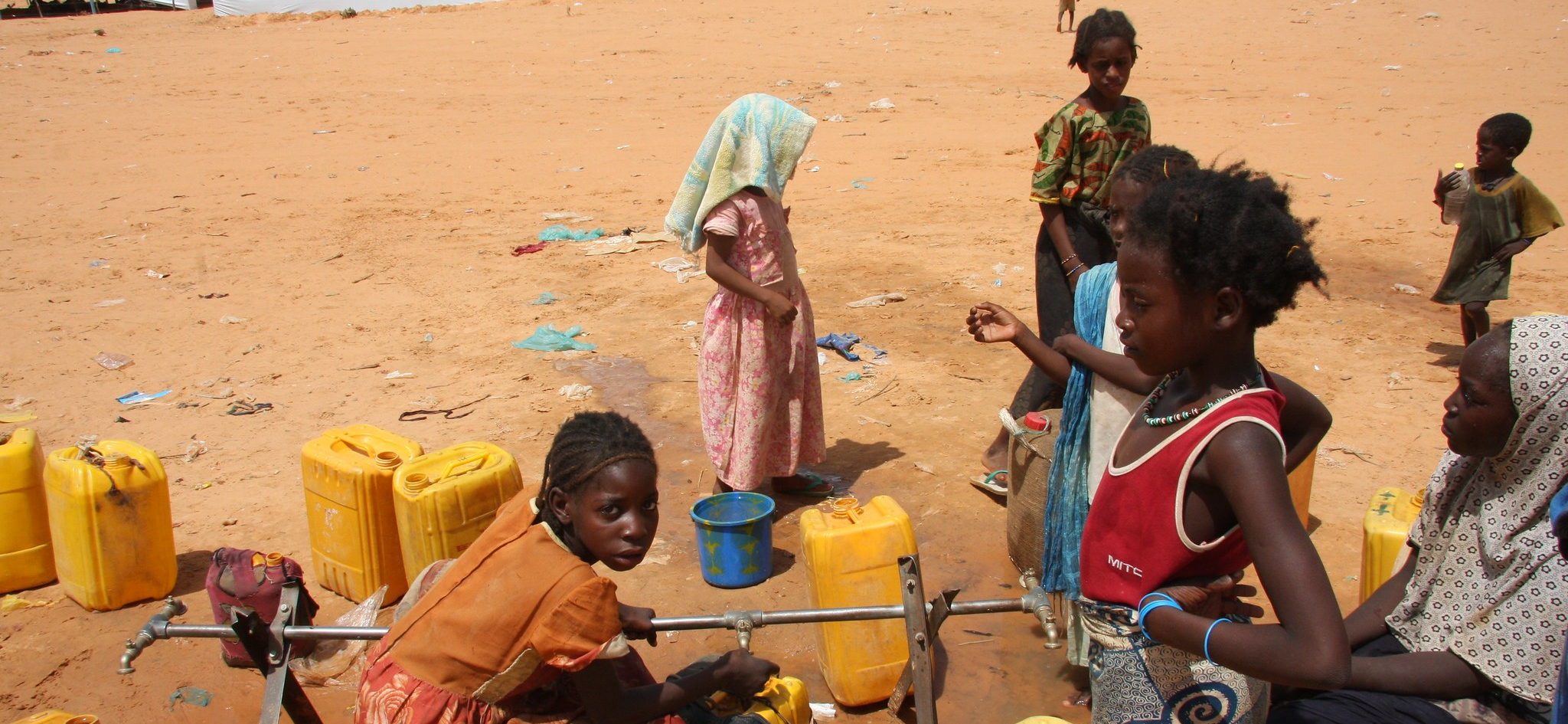
Achievingeffective global alliances is essential to confront the climate and humanitarian crises we are experiencing. © Photo ID/ World Bank
Secondly, in a world that has been globalized for decades, political crises, armed conflicts, ethnic violence, and economic instability unleash harmful consequences that always extend to the most vulnerable: genocides, migrations, famines, diseases, and injustices affect precisely those who should be the beneficiaries of the SDGs.
We see the instability of the spirit of cooperation all too often in the world of access to water. The “water wars” that rage between water basins and cities, pitting farmers and ranchers against scientists and environmentalists, reveal ineffective governance systems that often fall into short-sighted visions. These, far from solving anything, create political controversies that intoxicate a serene debate on water policies, water pricing, and agricultural land management.
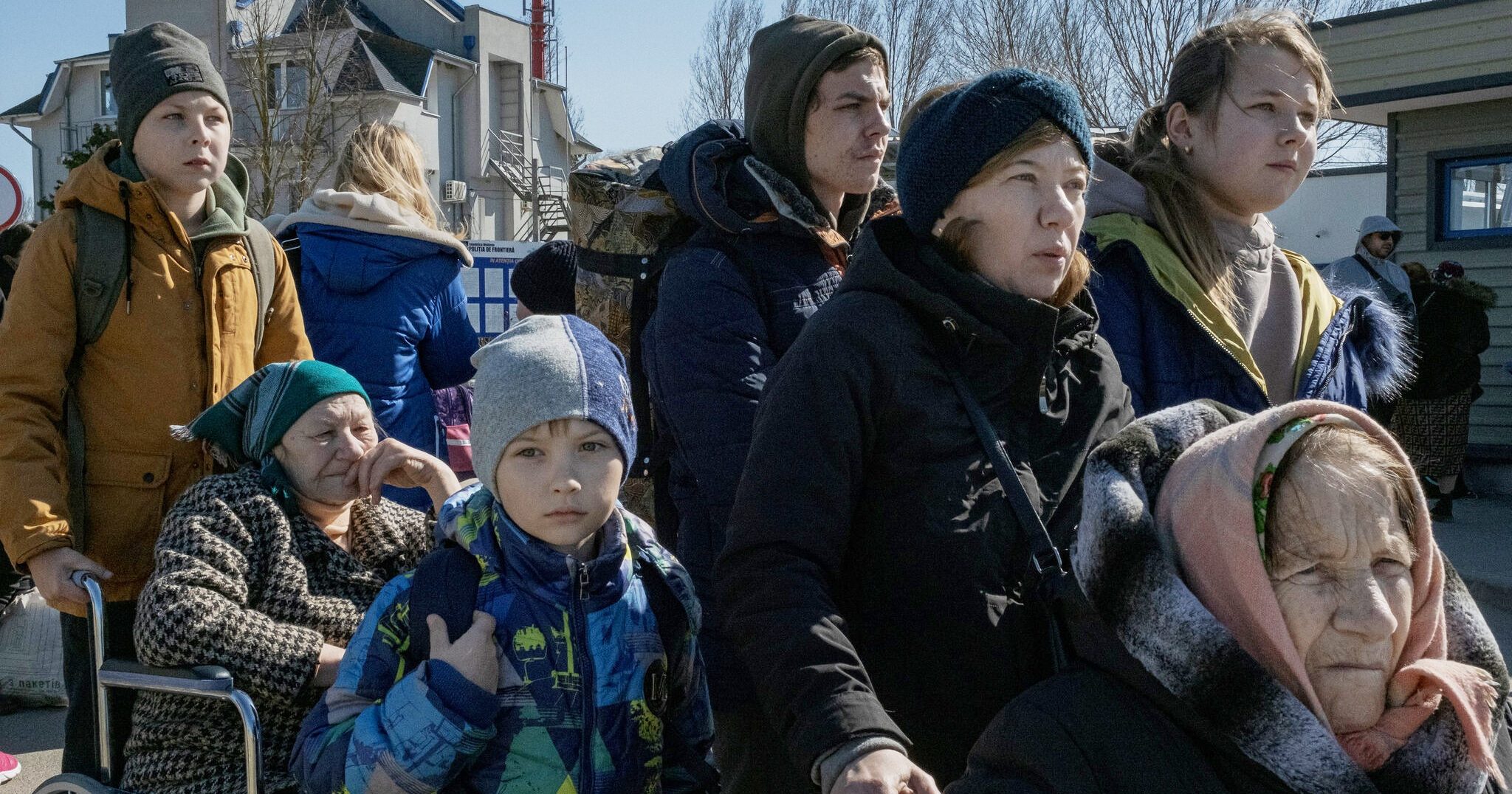
The Covid-19 pandemic, the famines, and forced migrations caused by wars such as those in Syria, Yemen, and Ukraine and their ensuing economic and energy crises, always end up hurting the most defenseless. © Curt Carnemark / World Bank
A fragile spirit of cooperation
Recent events that have shaken the world call into question confidence in the soundness of SDG 17. The Covid-19 pandemic, the famines, and forced migrations caused by wars such as those in Syria, Yemen, and Ukraine and their ensuing economic and energy crises, which always end up hurting the most defenseless, seem to give reason to skeptics who distrust that global politics can generate genuine partnerships and cooperation to move forward with some hope towards 2030.
As far as the nature crisis is concerned, there have been several heavy blows in this regard. The relative failure of recent COPs on greenhouse gas reductions has called into question the real and practical scope of international climate agreements. The IPCC reports are already widely disseminated in the media, alarming public opinion, politicians, and businesspeople; however, when it comes to making collective and collaborative decisions, the rising price and dependence on gas are driving up the use of coal in many advanced countries.
Another disappointing step backward: the seas are degrading rapidly, threatening the production of 50% of the planet’s oxygen, the absorption of 25% of carbon dioxide, and the food security of more than 200 million people. However, the oceans conference held two weeks ago at UN headquarters has ended without agreement. After 15 days of intense discussions, the interests of some participating countries have prevented the expected Global Oceans Treaty from being concluded.
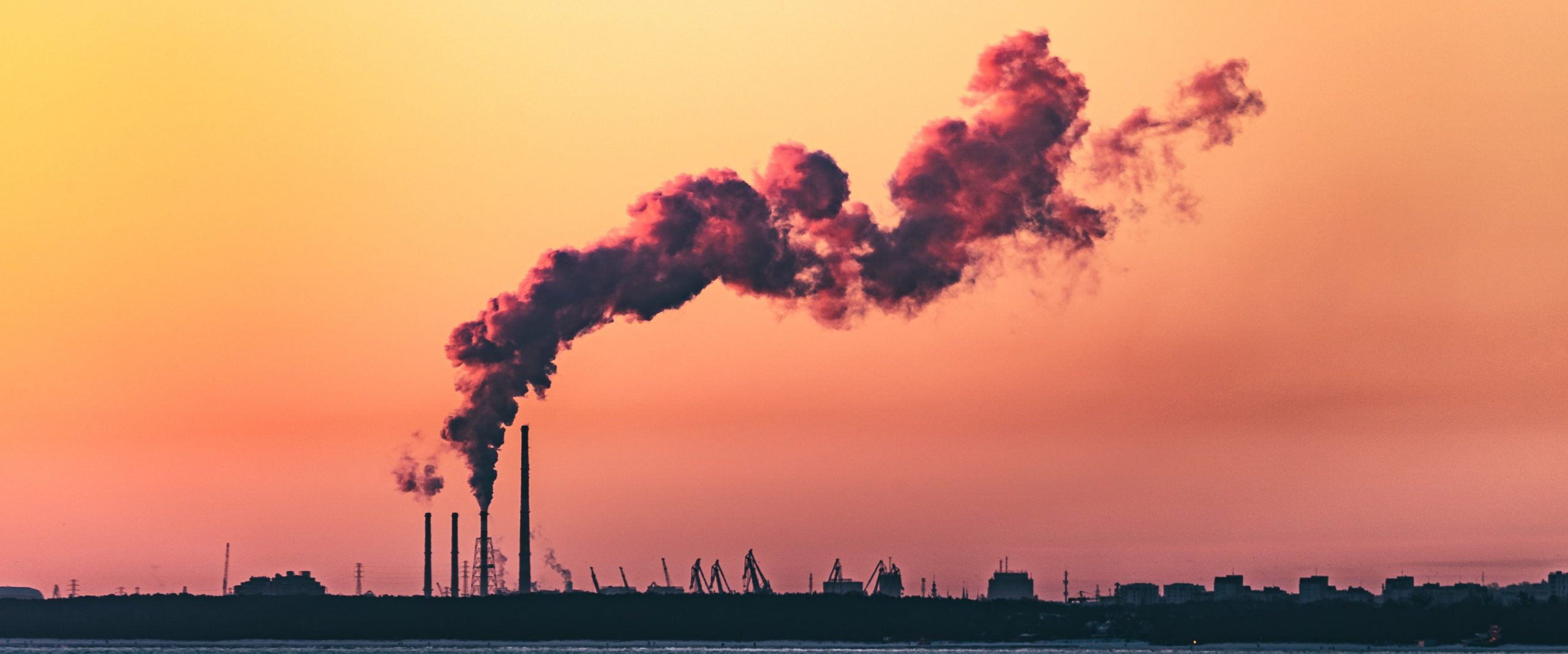
The relative failure of recent COPs on greenhouse gas reductions has called into question the real and practical scope of international climate agreements. © Marek Piwnicki-unsplash
From those MDGs to these SDGs
Some analysts compare this situation to the eight Millennium Development Goals (MDGs), agreed upon in 2000 to be achieved by 2015 and replaced by the current SDGs. No one doubts that the MDGs achieved significant progress in many areas, such as the fight against epidemics and child protection. Still, they failed to reduce inequality and fell far short of environmental targets: greenhouse gas emissions increased by almost 50% in 2014 compared to the 1990s.
The philosophy of the SDGs, which were implemented in 2015, sought to correct the shortcomings of the MDGs. They were more specific and explicitly referred to water and sanitation, concepts diluted in the MDGs. Furthermore, the targets were much better structured, and implementing monitoring systems has dramatically helped their international dissemination.
However, the eighth and last MDG, “Develop a global partnership for development,” had targets very similar to SDG 17. Most criticisms of the most apparent failures fell on it, especially after the 2007 financial crisis pulled a plug on many richer countries’ projects to change structures and forms of cooperation and regulate the links between regions.
It is unrealistic to compare the failures of the MDGs with those predicted for the SDGs. The MDGs received very little media coverage, most citizens were unaware of them, and few companies integrated them into their social responsibility strategies before 2010; the CSR has now been largely replaced by ESG (Environmental, Social and Governance) criteria, which are much more in line with the SDGs of the 2030 Agenda.
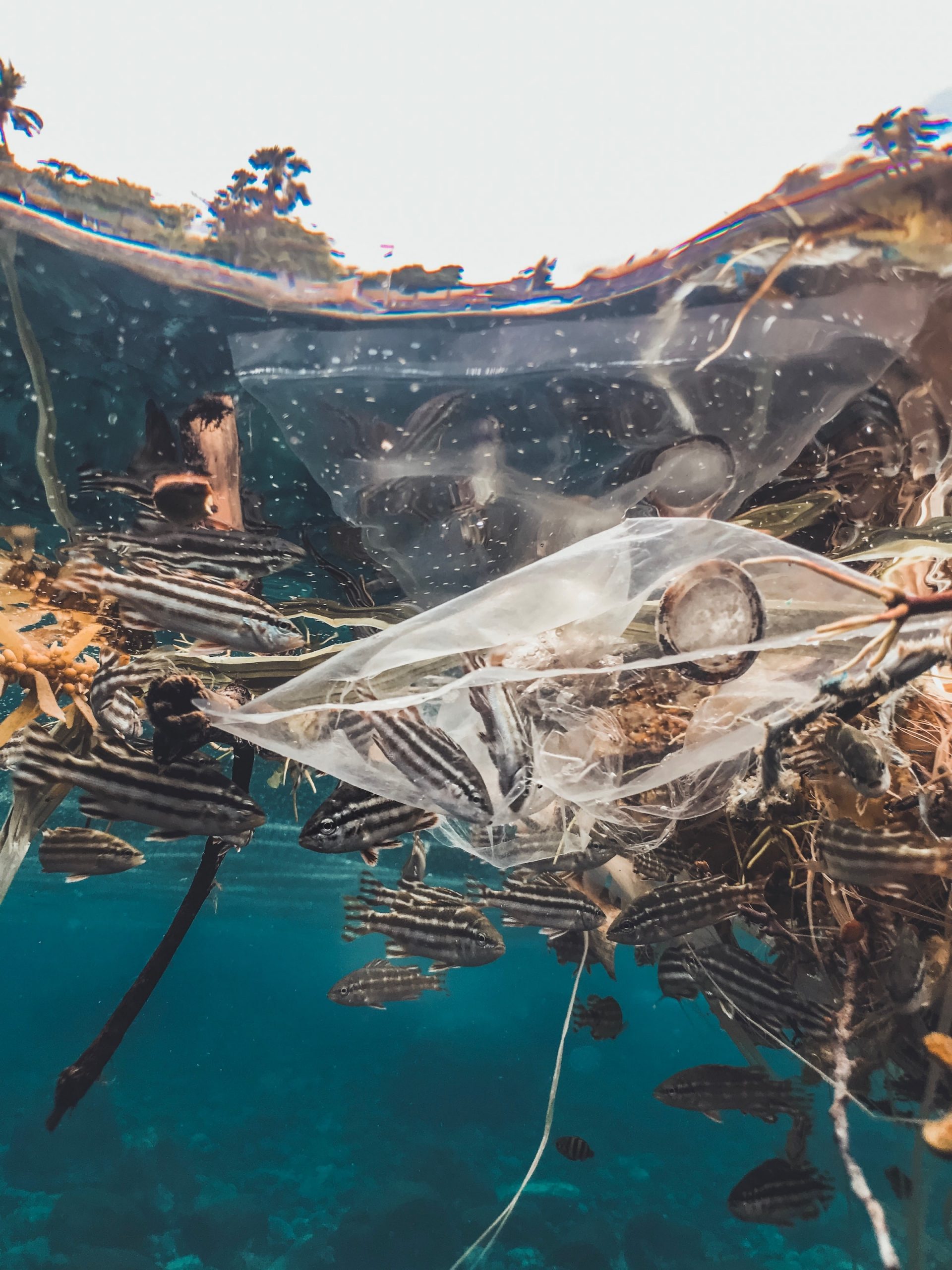
The seas are degrading rapidly, threatening the production of 50% of the planet’s oxygen, the absorption of 25% of carbon dioxide, and the food security of more than 200 million people. © Naja Bertolt Jensen-unsplash
Is there confidence that we can make progress, for example, on the commitment to allocate 0.7% of GDP to development aid and mobilize additional financial resources for developing countries? The answer is yes because there is common awareness that time has practically run out. Citizen awareness is essential in making administrations react to the efficiency problem. Civil society has to mobilize and push political and institutional power in a sincere and authentic advance in international cooperation. International agreements must be reached and honored. It is no longer just a question of counting the time remaining until 2030.



